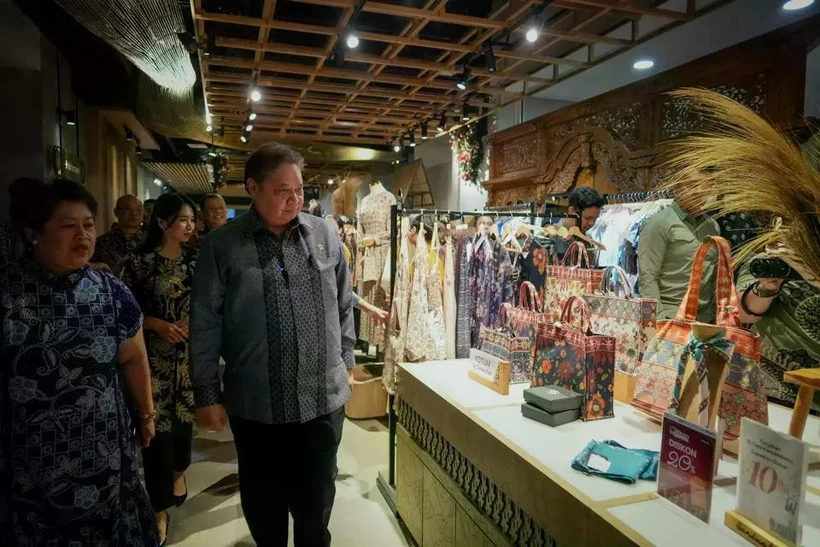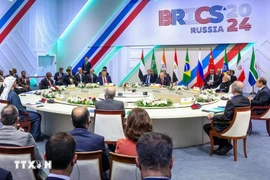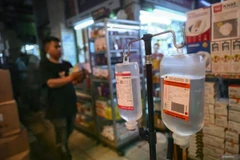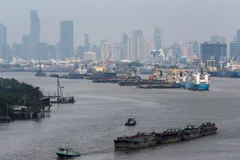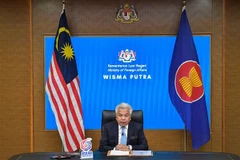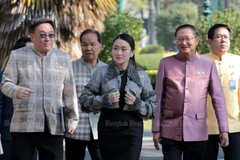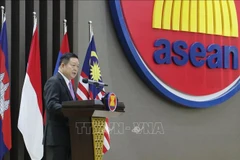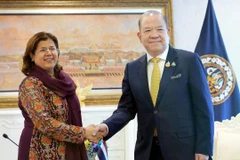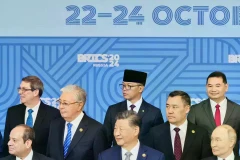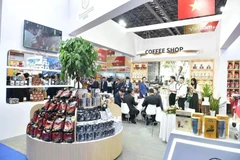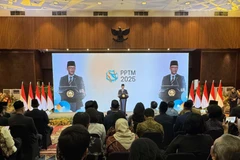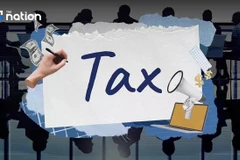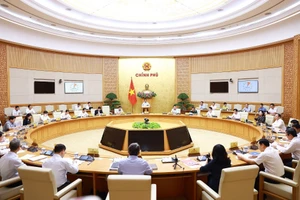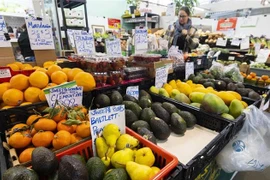Jakarta (VNA) - Indonesia is planning to lower trade tariffs with the US as President-elect Donald Trump prepares to implement a universal tariff policy.
Several Indonesian products have long faced import tariffs in the US, signalling a challenging trade relationship that could deepen under Trump’s administration.
At the Indonesia Business Competitiveness Outlook 2025 Conference in Jakarta on January 13, the country's Economic Minister Airlangga Hartarto revealed the tariff cut plan as part of broader bilateral cooperation efforts. The proposal aims to mitigate the potential impact of higher US tariffs under Trump’s leadership.
He said that Indonesia is requesting bilateral economic cooperation to reduce tariffs.
Concerns have grown since Trump vowed to impose a 100% tariff on BRICS member nations if they advance plans for a rival currency to the US dollar. Indonesia’s entry into BRICS, less than two weeks before Trump’s inauguration, has amplified worries about the potential impact on Indonesia - US trade relations.
However, Airlangga said US tariffs on Indonesian imports are not new, with disparities in US tariff policies as the US has been imposing tariffs on Indonesian products, including shoes, apparel, and other commodities.
Despite challenges, bilateral trade remains robust, reaching 34.5 billion USD in 2023, with Indonesia enjoying a 12 billion USD surplus. From January to October 2024, trade totalled 31.6 billion USD, maintaining an 11.5 billion USD surplus for Indonesia.
In his first presidency, Trump ordered a review of Indonesia’s eligibility for the US Generalised System of Preferences (GSP), citing the trade deficit. The GSP, a trade preference programme benefiting developing nations, expired in 2020 and awaits congressional renewal./.

Indonesia to impose sugary drink tax in July 2025
Indonesia plans to impose an excise tax on sugary packaged beverages starting July 2025, aiming to curb excessive sugar consumption and address rising health concerns, the country’s Finance Ministry announced.
